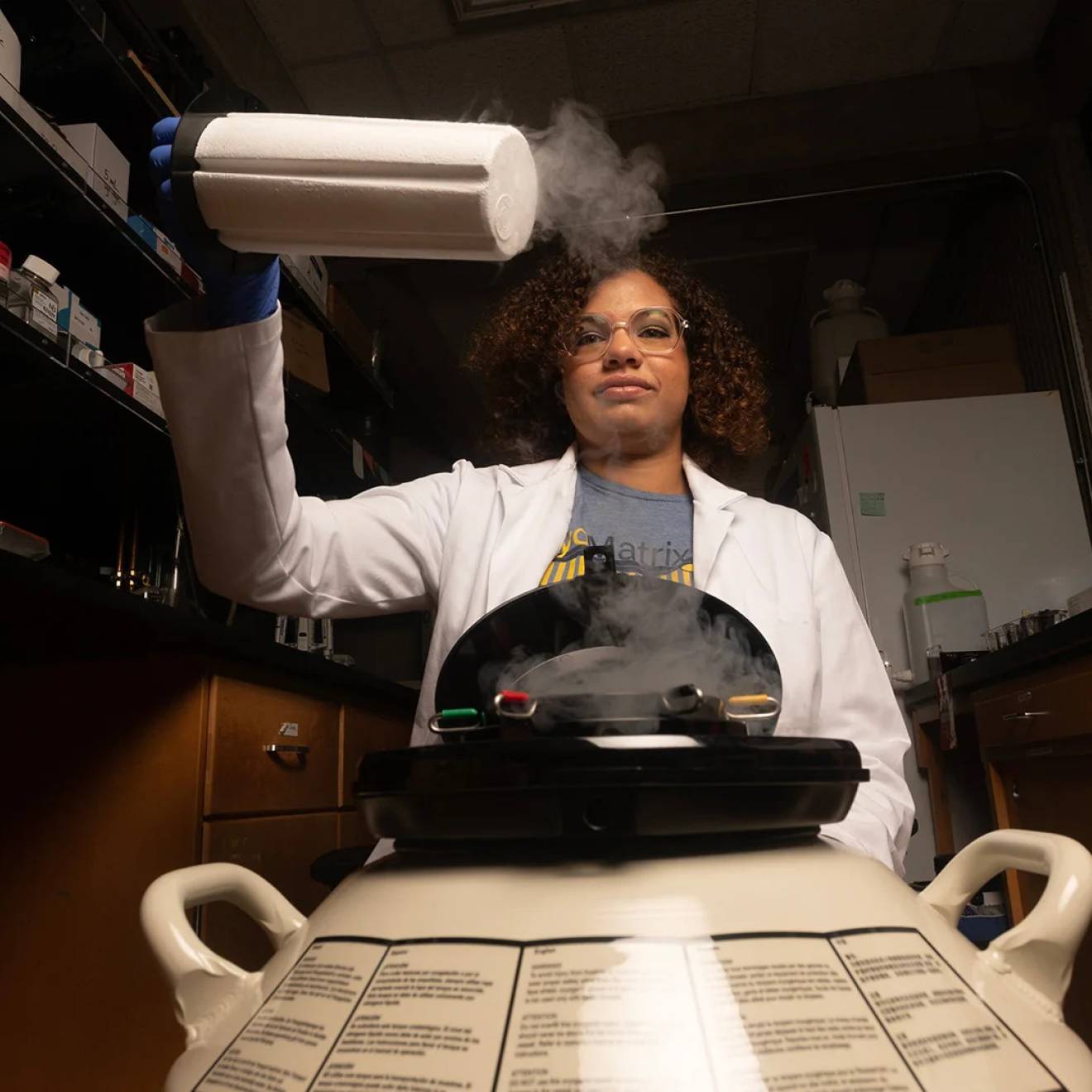Pat Bailey, UC Davis
The California Animal Health and Food Safety Laboratory System, based at UC Davis, has received a $1.89 million, five-year grant from the federal Food Emergency Response Network to support its food safety efforts.
The new grant will increase the capacity of the lab’s toxicology services to respond to contamination threats to the American food supply involving food animals and to carry out day-to-day diagnostic and early detection activities.
“Without the network’s support, we could not provide many of the current analytical toxicology services that are vital to protecting the food supply and ensuring public health,” said Robert Poppenga, a toxicologist at the UC Davis lab.
Poppenga notes that the toxicology lab is one of the busiest in the world and offers comprehensive, rapid and reliable diagnostic testing for contaminants that can affect animals and humans. It also provides analyses of suspected contaminated animal feeds and animal-based foods, which could prompt regulation to ensure a safe food supply.
In the last 10 years, the lab’s toxicologists have responded to several high-profile events, testing seafood for carcinogenic compounds called polyaromatic hydrocarbons following the 2010 Deepwater Horizon oil spill, imported protein sources for melamine in 2008, and pet foods for melamine and cyanuric acid in 2007.
The UC Davis School of Veterinary Medicine operates the laboratory system on behalf of the California Department of Food and Agriculture. In addition to the flagship laboratory at UC Davis, the system also includes diagnostic laboratories in San Bernardino, Tulare and Turlock.
The laboratory system is the only veterinary diagnostic laboratory funded by the Food Emergency Response Network and one of only 14 network labs in the United States receiving resources and equipment support over the last 10 years totaling more than $4.5 million.

